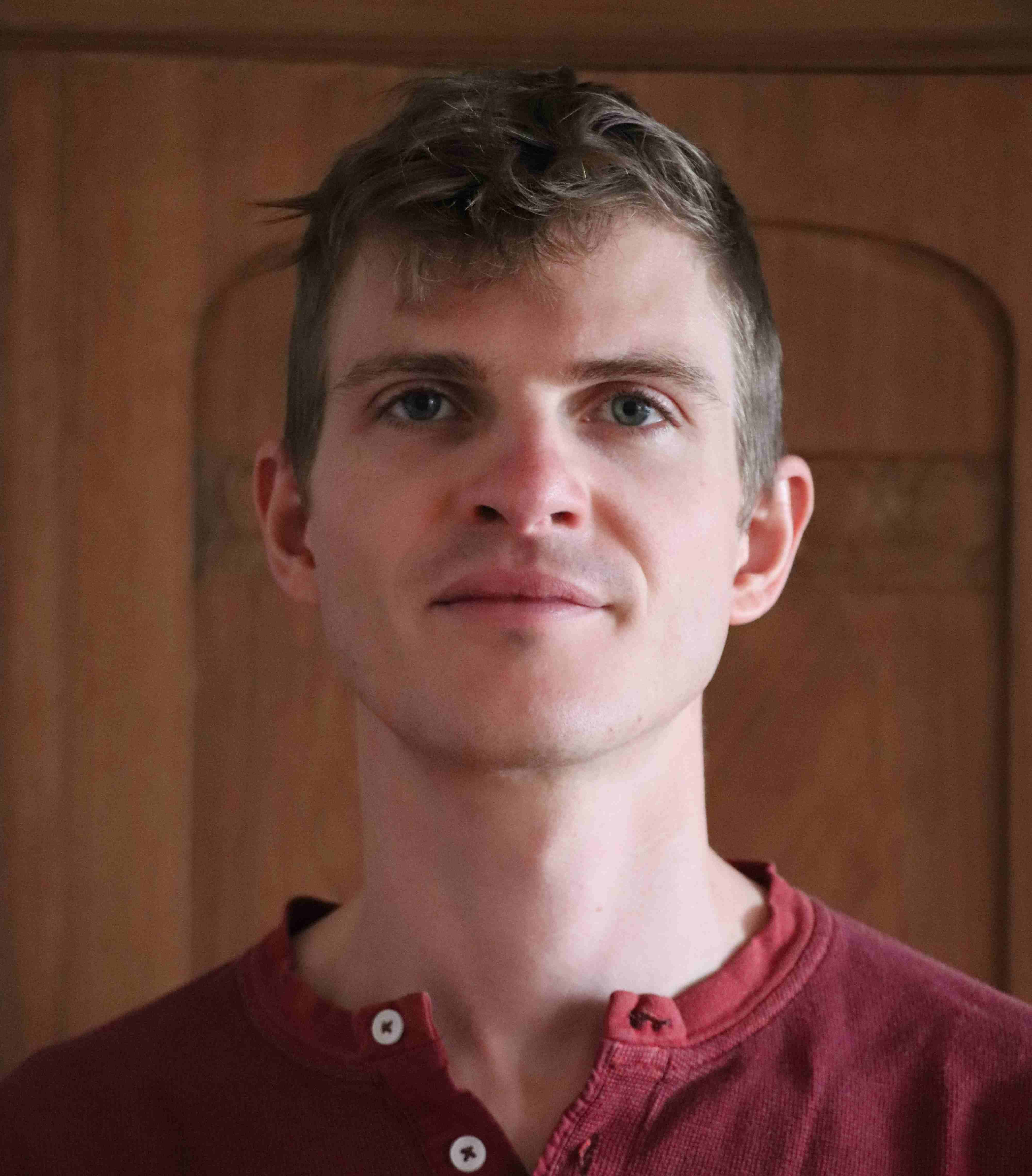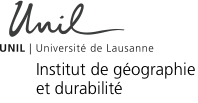
Engaging and bonding spatialities: outdoor sport tourism and its communities of practice
Contemporary leisure trends include the practices of people who regularly travel away from their daily spaces to engage in outdoor sport, in places they perceive as worth travelling to. This thesis' central object, outdoor sport tourism, highlights several important issues in contemporary studies of mobilities and geography: the general increase of mobility, the social and cultural value of mobility, the hybridisation of leisure and other domains of life, the investment of non-urban, "nature" spaces, with leisure practices and imaginaries.
More precisely, this work is focused on outdoor sport tourism spatialities, i.e. on the various ways of acting with space and considering space within the practice of outdoor sport tourism. This work investigates these spatialities through two main questions: the question of the role of space in social bonding, and the question of spatialities as an object of enjoyment.
This project is situated in an interpretative as well as materialist epistemology of geography, in great partsinspired by theories of practice: these theories form a corpus of research that re-centers the analysis on action, on the body, and on common understandings of the world. These theories offer a contextualising synthesis of ideas and matter, and of the individual and the collective. They are applied in this thesis through two central concepts: the concept of communities of practice, which designates the groups formed by the sharing of schemes of action and understanding; and the concept of engagement, which allows to grasp the coordination between a project of action and the environment in which it is conducted.
This work is empirically grounded in qualitative fieldwork research with people identified as travelling for outdoor sports. Three sports were chosen for their potential to induce travel: paragliding, whitewater kayaking and sport rock climbing. 76 semi-structured interviews were conducted with 110 people in five highly attractive places for these practices: Kalymnos in Greece, the Verdon Gorge, Annecy, Saint-André-les-Alpes and Haute-Durance, in France. In addition, a corpus of participants' photographies wasproduced, which gives an overview of individual enjoyment of the sport tourism experience through images.
The analysis identifies and exploresfour essential aspects of outdoor sport tourism spatialities. (1) Common spaces of outdoor sport tourism are built through people's movements, and physical and symbolic appropriations of places. Altogether this amounts to an affinity-led globalisation, made of transnational network-spaces and of highly specialised local centralities. (2) The processing of geographical information, which is an essential part of these sport practices, rests on expert knowledge of the terrain. This knowledge is expressed throughgeographical jargons, whose sharing within the communitiesbenefits today from the new potentialities offered by digital mediation and collaborative online platforms. (3) On a sensory and bodily level, the appeal for outdoor sport tourism is based ona specific experience of the environment which I refer to asimmersion-action. This experience is a reflexive spatiality, which consists inan intimate relationship with the biophysical environment as a set of affordances, and which isa major constituentof the ludic-aesthetic conception of nature. (4) The spatio-temporal individual commitments to outdoor sport tourism are distributed on a continuumfrom tourism tolifestyle mobility.In the latter case leisure mobility reaches the status of an existential project; this case remains rare in comparison with touristic forms of practice, but it reveals a tendency to strong engagements in practices presented as a source of deep satisfaction.
This work contributes to practice theories mainly with the proposition to fully integrate leisure to a theory of engagement, i.e. a theory of coordination between the self, the biophysical world and the social world. In the field of geography, it brings an in-depth exploration of a coherent set of ludic and affective spatialities, of spatialities bearing the power to build individual projects and communities.
